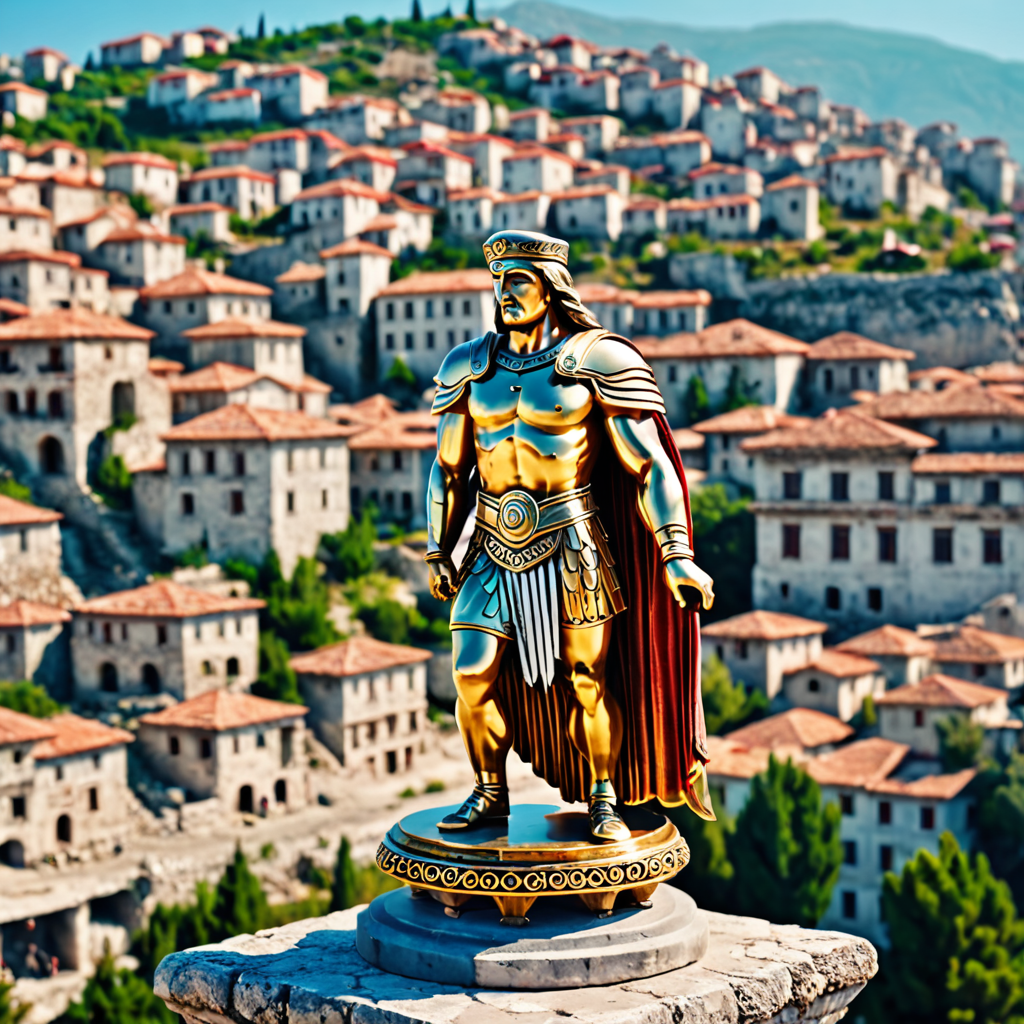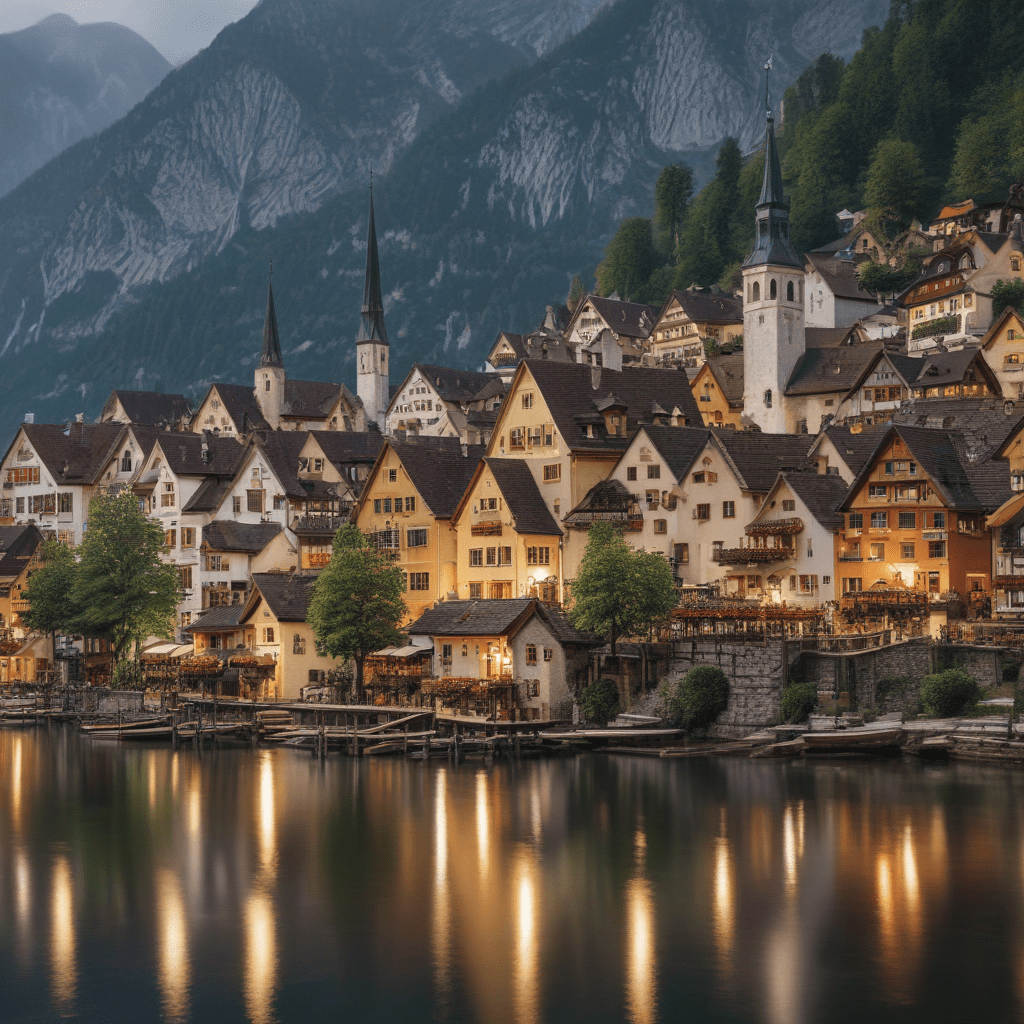Albania’s Ancient Mythology and Legends
Albania, a country in Southeast Europe, is rich in history and folklore. Its ancient mythology and legends offer a fascinating glimpse into the cultural tapestry of the region. Let’s delve into the intriguing world of Albania’s ancient myths and legends.
The Origins of Albanian Mythology
Albanian mythology has deep roots, blending influences from Illyrian, Greek, and Roman cultures. These myths and legends have been passed down through generations, shaping the belief systems and traditions of the Albanian people.
The Myth of Rozafa Castle
Rozafa Castle, located near the city of Shkodër, is the setting of an enduring Albanian legend. The myth revolves around the sacrifice of a woman, Rozafa, who was walled up in the foundation of the castle to ensure its construction would endure. This poignant tale reflects themes of sacrifice, loyalty, and resilience.
Legendary Heroes and Creatures
Albanian mythology is replete with legendary heroes such as Gjergj Elez Alia and the infamous character of Kostandin and Doruntine. Additionally, mythical creatures like the shtriga, a vampiric witch, and the zana, a benevolent fairy, populate the folklore of the region.
Mythical Landscapes and Sacred Sites
Albania’s ancient myths and legends are often intertwined with its stunning landscapes and sacred sites. From the mysterious Mount Tomorr to the ancient city of Butrint, these locations serve as the backdrop for many captivating stories that have been handed down through the ages.
Influence of Albanian Mythology on Culture
The enduring power of Albanian mythology is evident in the country’s cultural practices, folk music, and traditional art forms. Many festivals and rituals are deeply rooted in these ancient tales, underscoring the ongoing significance of mythology in Albanian society.
Preserving and Celebrating Albanian Mythology
Efforts to preserve and celebrate Albania’s ancient mythology are ongoing, with initiatives aimed at safeguarding oral traditions, promoting folklore studies, and organizing cultural events that showcase these timeless tales. These endeavors ensure that the legacy of Albanian mythology will endure for future generations.
Exploring Albania’s Myths and Legends
Albania’s ancient mythology and legends offer a captivating window into the country’s rich cultural heritage. Exploring these tales provides a deeper understanding of Albanian identity and the enduring allure of age-old folklore.
Albania’s Ancient Mythology and Legends
What are the main elements of Albania’s ancient mythology and legends?
Albania’s ancient mythology and legends are rich with tales of mythical creatures, heroic figures, and deities. Some prominent elements include stories of the hero Gjergj Elez Alia, the legendary creature known as the Kukuth, and the ancient deity of the sun, known as En. These tales are deeply intertwined with Albanian culture and history.
What are some famous Albanian myths and legends?
One of the most well-known Albanian myths is the legend of Gjergj Elez Alia, a hero renowned for his bravery and strength. Additionally, the myth of the Kukuth, a monstrous and fearsome creature, is a popular tale. Furthermore, the ancient deity En, associated with the sun and considered a symbol of life and fertility, is an essential part of Albanian mythology.
How do Albania’s ancient mythology and legends impact the country’s culture?
Albania’s ancient mythology and legends play a significant role in shaping the country’s culture and traditions. These stories are often celebrated through art, music, and literature, and they serve as a source of national pride and identity. The myths and legends also contribute to the unique folklore that is cherished by the Albanian people.



